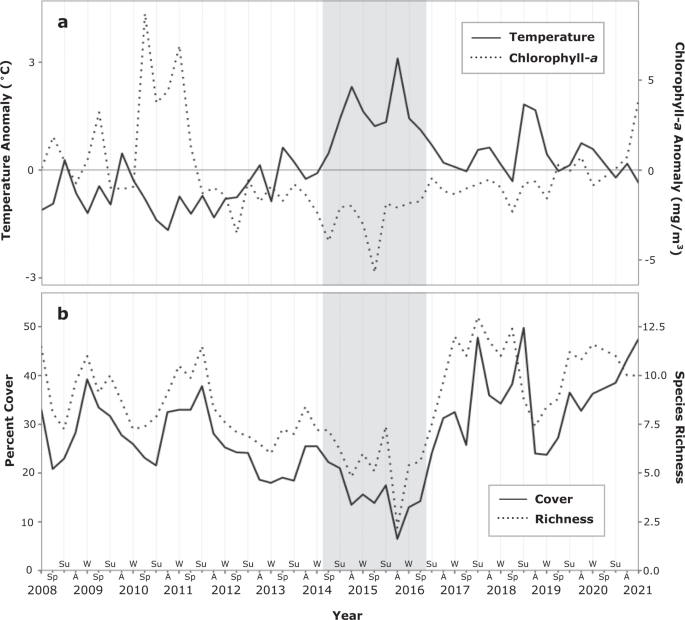塩分を多く含む食事は、ストレスレベルの上昇を助長することが、新しい研究で明らかになりました。 A diet containing lots of salt can contribute to increased levels of stress, a new study shows.
2022-11-16 エディンバラ大学
通常塩分の少ない食事をしているマウスに、人間の典型的な摂取量を反映した高塩分食を与えた。
その結果、安静時のストレスホルモン値が上昇するだけでなく、環境ストレスに対するマウスのホルモン反応も、通常の食事をしたマウスの2倍になることがわかった。
塩分の摂取は、体がストレスにどう反応するかを制御する脳内のタンパク質を生成する遺伝子の活性を高めたのだ。
塩分の摂り過ぎは、心臓、血管、腎臓にダメージを与えることが分かっている。今回の研究により、塩分の多い食事は脳のストレス処理にも影響を与えることが明らかになった。
<関連情報>
- https://www.ed.ac.uk/news/2022/an-excess-of-salty-food-seasons-the-body-with-stre
- https://academic.oup.com/cardiovascres/advance-article/doi/10.1093/cvr/cvac160/6806206
高塩分摂取は視床下部-下垂体-副腎軸を活性化し、ストレス応答を増幅し、マウスの組織内グルココルチコイド露出を変化させる High salt intake activates the hypothalamic–pituitary–adrenal axis, amplifies the stress response, and alters tissue glucocorticoid exposure in mice
Hannah M Costello, Georgios Krilis, Celine Grenier, David Severs, Alicja Czopek, Jessica R Ivy, Mark Nixon, Megan C Holmes, Dawn E W Livingstone, Ewout J Hoorn,Neeraj Dhaun, Matthew A Bailey
Cardiovascular Research Published:11 November 2022
DOI:https://doi.org/10.1093/cvr/cvac160

Abstract
Aims
High salt intake is common and contributes to poor cardiovascular health. Urinary sodium excretion correlates directly with glucocorticoid excretion in humans and experimental animals. We hypothesized that high salt intake activates the hypothalamic–pituitary–adrenal axis activation and leads to sustained glucocorticoid excess.
Methods and results
In male C57BL/6 mice, high salt intake for 2–8 weeks caused an increase in diurnal peak levels of plasma corticosterone. After 2 weeks, high salt increased Crh and Pomc mRNA abundance in the hypothalamus and anterior pituitary, consistent with basal hypothalamic–pituitary–adrenal axis activation. Additionally, high salt intake amplified glucocorticoid response to restraint stress, indicative of enhanced axis sensitivity. The binding capacity of Corticosteroid-Binding Globulin was reduced and its encoding mRNA downregulated in the liver. In the hippocampus and anterior pituitary, Fkbp5 mRNA levels were increased, indicating increased glucocorticoid exposure. The mRNA expression of the glucocorticoid-regenerating enzyme, 11β-hydroxysteroid dehydrogenase Type 1, was increased in these brain areas and in the liver. Sustained high salt intake activated a water conservation response by the kidney, increasing plasma levels of the vasopressin surrogate, copeptin. Increased mRNA abundance of Tonebp and Avpr1b in the anterior pituitary suggested that vasopressin signalling contributes to hypothalamic–pituitary–adrenal axis activation by high salt diet.
Conclusion
Chronic high salt intake amplifies basal and stress-induced glucocorticoid levels and resets glucocorticoid biology centrally, peripherally and within cells.


